Profile: CQC chief Cynthia Bower admits 'we have made some mistakes along the way'
In an exclusive interview with carehome.co.uk, Cynthia Bower, chief executive of the Care Quality Commission admits “we have made some mistakes along the way”.
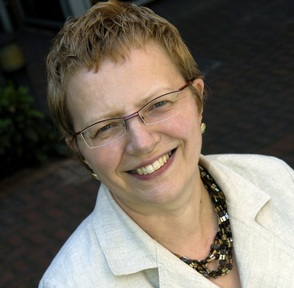
Ms Bower will soon be stepping down from the quango which is responsible for regulating care homes and hospitals.
As the figurehead of the organisation, it has been a tough time for Ms Bower, who was subjected to a severe grilling by the Health Select Committee last year and had to defend the CQC after it ignored complaints about the Winterbourne View hospital in Bristol.
She is however remarkably sanguine about the criticism that has been levelled at her and says: “I have had to take it on the chin. Anybody who runs a public agency is held up to scrutiny. I am going to be challenged and I am going to be criticised. It goes with the job. As a regulator for health and social care, people have high expectations and when public services go wrong, it is natural that we are held up to scrutiny.”
Public condemnation peaked with the BBC’s Panorama programme, showing abuse of patients at the Winterbourne View hospital. The programme was approached by a whistleblower after the CQC ignored complaints about the private hospital.
Ms Bower says: “You can’t distance yourself from criticism, especially when we miss something like the Winterbourne View case. But it was one instance and it was a judgment made by one member of staff that turned out to be the wrong judgment.”
The CQC was established in April 2009 and was formed by the merger of three healthcare regulators.
Ms Bower believes she was given a “very tough start up challenge” and claims the situation worsened when the Coalition Government took over. “When the new Government came in, that also caused problems for us as we couldn’t recruit any staff. I am sure people have looked at what I have done and said I could have handled that better and I am sure I have made mistakes along the way. But the challenges we have faced have been huge.”
Ms Bower has held the reins of the CQC for nearly four years and despite all the problems and criticisms, she feels “we have got the CQC to a good place and we have got a strong platform on which to build. But I admit we have made some mistakes along the way. But we were given a really difficult job.”
She claims the CQC has “got much faster at regulating new providers” and says: “we are doing more inspections than the previous regulators. We are now committed to a single annual inspection of each care home. In the previous CSCI (Commission for Social Care Inspection) regime it could be up to three years between inspections.”
Ms Bower’s resignation came on the same day that the Department of Health published the Performance and Capability Review of the CQC, which found the watchdog has “faced operational and strategic difficulties” and that a “negative public profile” has “seriously challenged public confidence in its role”.
However it also praised the CQC for its “considerable” achievements and said they “should not be underestimated”.
For Ms Bower, her proudest moment at the CQC has been the Performance and Capability Review.
She says: “I am very proud of all that we have achieved, but particularly the Performance and Capability Review as it recognises that we have managed to bring the entire health and social care sectors under a new regulatory system. It is a regulatory system that is based on dignity, rights and care needs and it is very much a patient-centred regulatory system.”
When Ms Bower took on the role as CQC chief, she was faced with the challenge of bringing together the “NHS in who had never been regulated in this way before and adult social care who were used to being regulated under a different set of legal requirements”.
“It was a sell as well as a challenging task. The care sector is massive so when I took on the job, it was quite a daunting task,” she admits. Despite bearing the brunt of the attacks on the CQC, Ms Bower admits to having “really enjoyed working at the CQC”.
She says: “It has been a fantastic opportunity and it is a great group of staff to work with. It has been good to think you are doing your best to improve things through the work of the regulator and the Mental Health Act. We have a unique role in improving services.”
The “real highlight” for her has been “working with senior leaders in government who are passionate for change and want to stand up for people who are vulnerable. When I worked for social services in Birmingham, it was the people who were passionate about improving public services that made it special”.
She is an optimist and calls it an “exciting time” for the care sector as “we are seeing new models of care and care homes are changing the way they run care services. I think about my career that is coming to a close. I have worked in social work, in a nursery and in care homes and in my working life I have seen a lot of positive change.
"There has been personalisation of the care sector and as David Nicholson (chief executive of the NHS) likes to say ‘care is wrapped around the individual’. I am 56 and my elderly grandmother died in a geriatric ward in a hospital where she lived for years. Years ago, we couldn’t have imagined the kind of independence that older people and people with learning difficulties have today."
In terms of the imminent White Paper on social care, Ms Bower says: “No single White Paper will be able to bring in all the changes the sector needs.”
However she says: “We certainly need something around the Dilnot findings as we need to take the anxiety over funding away from people. Some resolution is definitely needed over funding. We need the White Paper to keep on driving change in terms of choice and better information for the public.”
The CQC is currently working on strengthening its relationship with local authorities.
“We are running pilots with the Association of Directors of Adult Social Services (ADASS) on an information sharing arrangement so we can share intelligence with the local authorities. There are 30 local authorities involved in the pilot. It will hopefully mean that problems won’t fall between us and the local authorities. We recognise that local authorities hold information on safety of care that we may not have. If the pilots are successful, we will roll it out across the country,” reveals Ms Bower.
David Behan, currently director general of social care, local government and care partnerships at the Department of Health, is taking over from Ms Bower, and has an unenviable task ahead of him although she believes she has done the really hard bit.
“There is still a big job to do but we are at the end of the beginning. No one I have met thinks we should get rid of the CQC. They think we should continue to build upon what we have been doing,” she says.
Ms Bower will be leaving the CQC in the summer and is planning to “go on a very long holiday”.
“My interest in health and social care has been a lifetime interest for me but I don’t have any immediate plans workwise. I am looking forward to relaxing for a bit. I have been working for 36 years and my 27-year-old son has told me ‘you need to put your feet up, Mum’.”
Latest Profiles News
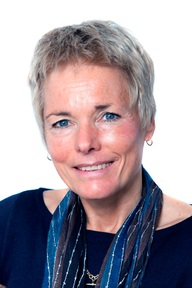 05-Sep-16
Being chief executive of a care home provider is a 'huge responsibility and privilege'
05-Sep-16
Being chief executive of a care home provider is a 'huge responsibility and privilege'
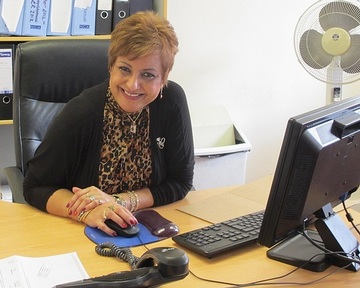 31-Mar-15
Profile: 'Both local and national Government needs to put its money where its mouth is,' says chair of the National Care Association
31-Mar-15
Profile: 'Both local and national Government needs to put its money where its mouth is,' says chair of the National Care Association
 16-Dec-14
Profile: Care home turnaround specialist reveals some of the tricks of the trade
16-Dec-14
Profile: Care home turnaround specialist reveals some of the tricks of the trade
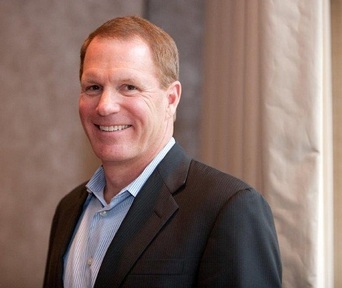 01-Dec-14
Profile: ‘People should not be dreading going into a care home – they should be looking forward to it,’ says care home boss
01-Dec-14
Profile: ‘People should not be dreading going into a care home – they should be looking forward to it,’ says care home boss
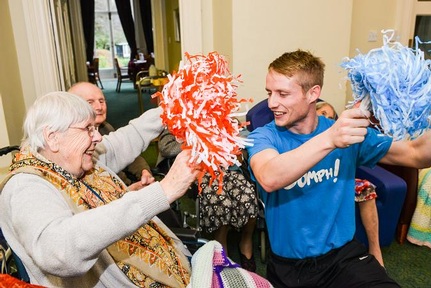 07-Oct-14
Exercise is key to 'changing the care sector' says provider of exercise therapy in care homes
07-Oct-14
Exercise is key to 'changing the care sector' says provider of exercise therapy in care homes